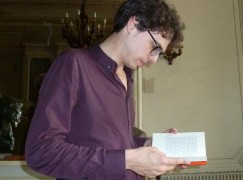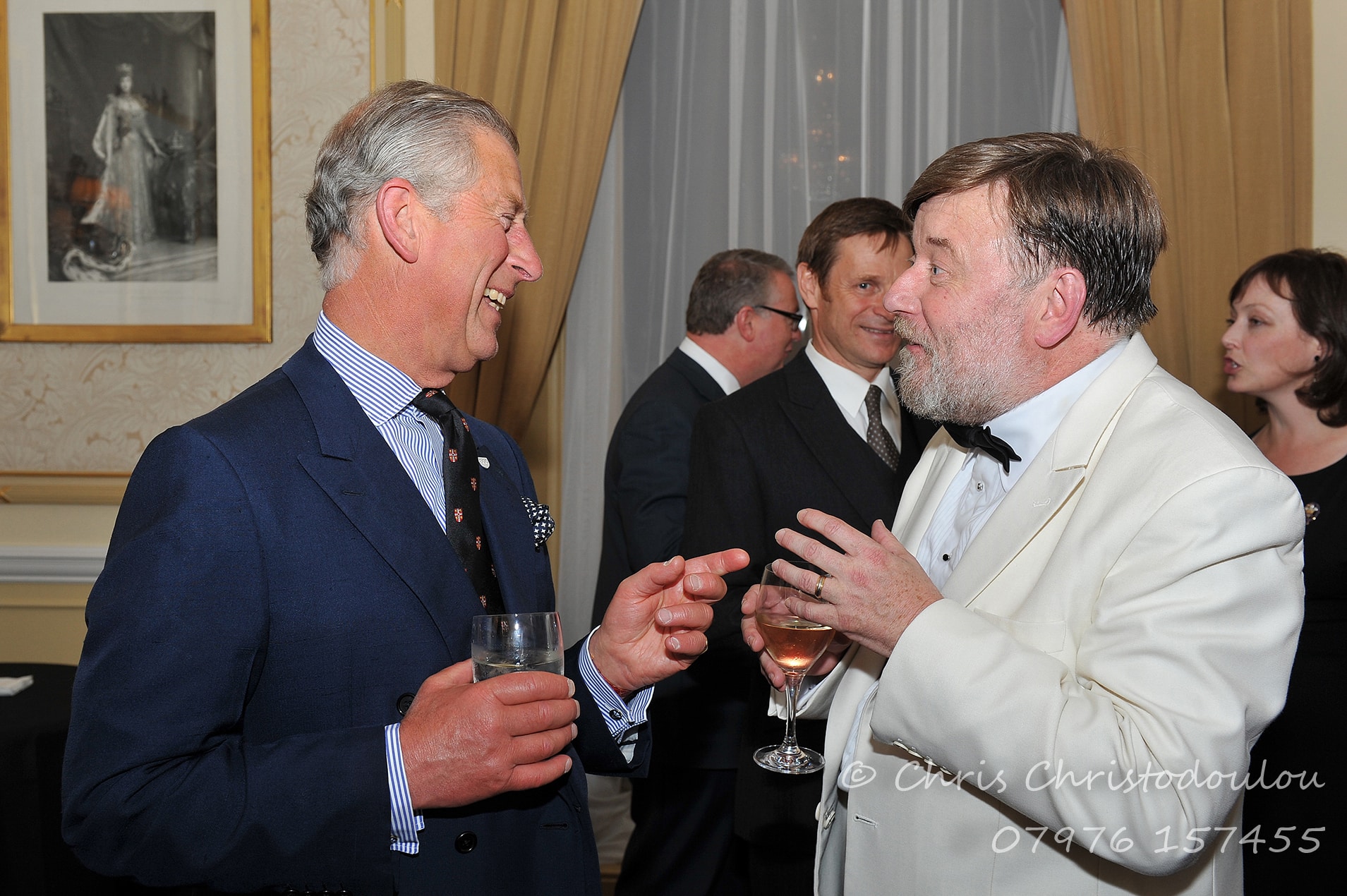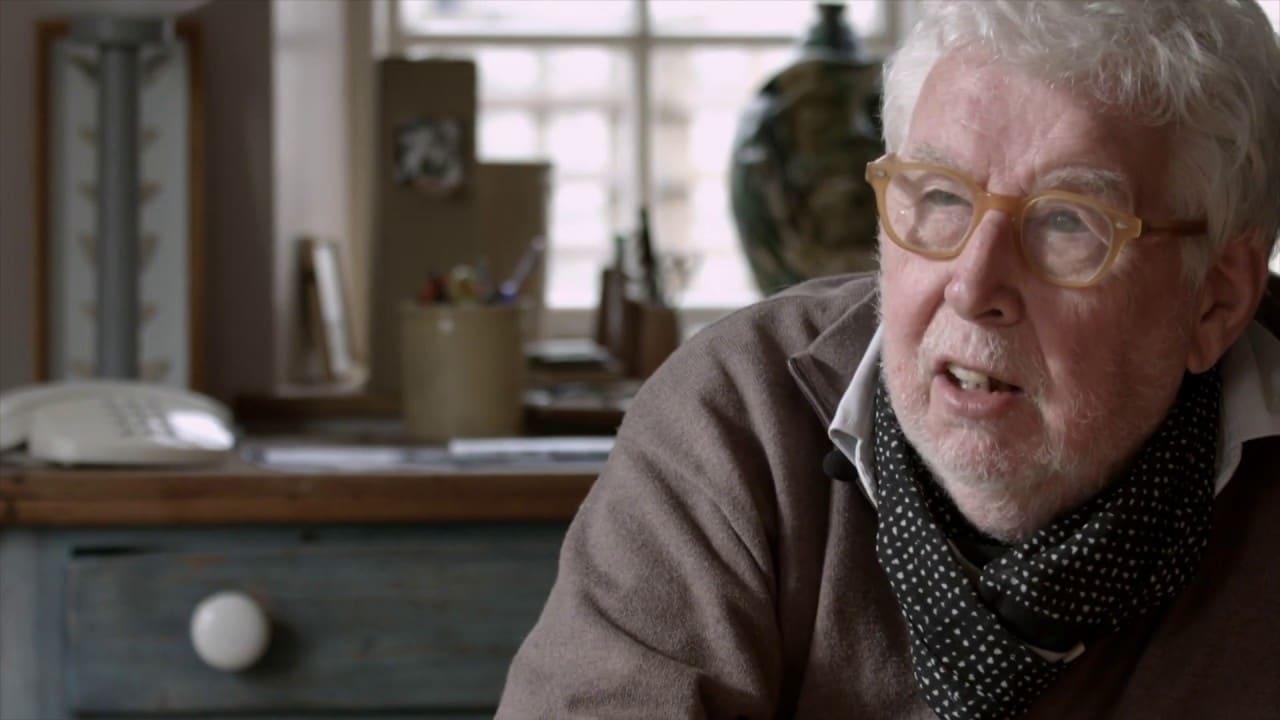French star: ‘Covid was very damaging for culture, but it was very good for art’
mainThe quote comes from the French pianist Lucas Debargue, speaking in Moscow.
Here’s the full muse:
‘I say something what might sound provocative. Pandemic was very damaging for culture, but it was very good for art. Art is a spiritual matter, it’s a matter of life and death. It’s not only entertainment. Of course, for entertainment it was disaster – and it’s still disaster. But art is dealing with inner life, what happens in one’s soul. It has nothing to do with surface, how famous you are, how many people read your books or listen to your CD.
‘Artists for me are like family who are keeping some very old spiritual values on earth. They are also kind of doctors. For me, an artist should be able to live being aware of big problems like this pandemic now and still create as much as possible. Even when in these horrible conditions, when you live in very little space – you can still have the space inside of you.
Some people might say – if you have nothing to eat, no job – you have no time for your inner space. But I fight against this idea. Because
‘I have proofs throughout history of humankind. There were great people who were able still to compose, paint, write even in awful conditions. [—]
‘I don’t understand why nowadays so many places, concert houses are not reopening with the strict protocol when we know that we are able to respect this strict protocole. But I also want to see another aspect of the same situation. For me art cannot be ruled by pandemic. There were already many pandemics in human history and art only got enriched by that. [—] I try to get some hope from this.’







A very talkative pianist indeed.
I really don’t like how he plays my keyboard works, and his statement isn’t as provocative as he thinks it is.
Lucas Debargue’s statements at the time he lost a contest but won a Sony contract were simply disgusting – obscene four-letter words combined with artificial borderline grammatical constructions reminiscent of the arrogant ignorant way some “cool” avant-garde improvisers used to talk about real Art in the 70’s and 80’s (the new generations of avant-garde “geniuses” have no idea about what is real Art, everything is relative by now).
Dear nephew, be more grateful. He is playing your works and not mine.
Reading this meandering text, full of English language errors, only confirms to me the oft held opinion that the French sadly too often speak and actually say nothing. It is all about effect with little or no real substance, no connection to reality or pragmatism and far too often solely for the purpose of provoking just for the sake of provoking and massaging a nation of insecure inflated egos. They are the masters of talking, and often shouting, and saying nothing in the end. How anyone is not able to see through that Gallic charade is a mystery.
But the mystery is entirely on the side of the people who are culturally-challenged.
“….the oft held opinion that the French sadly too often speak and actually say nothing.”
There is a tradition among culturally-aware intellectuals and artists, and even some groups of normal people without any creative ambitions, to take the psychological and spiritual components of artistic traditions seriously, as a layer of meaning above the practical components of those art forms and all the trivial wrapping paper that is needed to get it working in the real world. The idea is, that this layer of a higher meaning forms the heart of the art form, and is the fount of the creative energy that is supposed to flow into its practitioners. This awareness forms a barrier to the wide-spread prostitution and parasitical exploitations which always accompany any serious art. It is also a typical European awareness, and related to ‘the European idea’ which is difficult to substantiate and which has never been very popular, because of being too difficult. But we thank all the great works of art to this awareness, and all the culturally-challenged who enjoy them, don’t need to know why they do, and fortunately the small number of artists who are conscious of the idea are imune to the effects of the little dogs peeing at the base of the statues.
How do you know that he was speaking in English? It reads to me like a Google Translate version of extracts from an interview, and it is a shame that SD does not give a link to the source. What he says certainly does connect to ‘reality’. Mr Bortslap explains it better than I can.
Nowadays quite some people SPEAK in google translations.
Voilà! Found by chance, was curious to kno what the YT vid’s cyrillic descrobe.
https://youtu.be/elleft81kds
Interview ftarts about 37.30.
His english is excellent, no need for Gurggle Trashlate! Hearing him, more complete and reasonably humble than suggust by Slipped Discussed’s trinscraption, he makes convincing points.
This is great, thank you Mr Calirle! The bit that SD (or somebody) has attempted to transcribe starts at 43.09. The transcription makes numerous mistakes (starting with the fourth word, ‘that’, not ‘what’). The highly intelligent M. Debargues indeed speaks very good and fluent English. I like what he says about Rachmaninov also.
I agree, except with this idea of “artists are kind of doctors”. I guess he’s implying that we are similar to health workers because we heal souls?
That is a very cute idea, but in the end is just an idealism and it’s a way to romanticise what we do on stage and “kind of” put it next to what doctors do in hospitals because we are “kind of doctors”. No, we are not doctors, we are not kind of doctors, we are artists and that’s it.
Back in 2001, at my first lesson after 9/11 my teacher at Juilliard told me “we are sonic healers”… I thought it was a cute sentiment and of course I was reeling as it was only a week after the attack, but I still thought it was bullshit.
Like beauty, excrements of farm animals are in the eye of the beholder.
If you’ve never been in a position for music to have a healing effect on your soul, then of course it sounds like bullshit.
What the tender balm is upon the wounded soul, is the acid poison on the mind of the ignorant, because they feel themselves excluded.
Such a statement is of course easy to snub for those who never had had it such in life that the only place they had to go for emotional or spiritual support was art, or that that was their nature to begin with to find what others get from “the world” in art.
Beyond that, exploiting the art that actually, because it transcended or transcends the world’s way of looking at life, because it found something beyond all of the troubles, something that pointed out there’s something beautiful there (in art tragedy can even become beautiful); why is this such a fixation with people, why do they go on and on about what’s the highest art, who is the highest artist: in fact often in such arrogant ways that they start harshly judging and berating others who simply have different taste or creative artists whose work they don’t particularly like…. what is this all about if it’s not to begin with addressing something deeper, something even beyond the physical and the tangible control we think we have over it. Why would there be any attraction at all, otherwise?
Art does heal, it heals emotional wounds where drugs never could, and in healing that heals without side effects what the drugs might heal that’s physical; by giving perspective and showing how life always has meaning it creates a Heaven where religion remains clue-less and pretentious, and it gives value to life that all of the money, and all of the fame, and all of the ability to be liked and be part of a “community,” never will and can’t and won’t.
Nijinsky, you are starting to make sense more and more often. I don’t know whether to worry about you, or myself 😛
He was kind of gone for a while, but now he’s back.
If this is what it takes to make great art we probably shouldn’t make great art….
no we shouldn’t and yet here we are…
Indeed, m’sieur, as a Frenchman, he should content ‘eemself to make rather… Grey Tart! Bon happy tit!
He didn’t say that, but okay.
Pandemic might have been good for art, but many artists suffered, left the field, and lost lives. I am humbly presuming that he thought his statement would come across provocative because his words sound to me he values art over humankind. But what art carries any value without artists and receivers?
LD didn’t improve his piano skills but become an useful idiot.
It must be quite dark under the rock.
Interesting ! I like what he says as much as it’s piano playing.
Leaving aside the vessel of this thought, whose pianism I find to be quite bland, he is on to something. After all, as Gide said: “Art is born out of constraint.”
Visit his website and you will find a piano playing that is anything but bland. Scroll down to his Gaspard de la Nuit which is stunning:
https://www.lucasdebargue.com/videos/
Yesterday I heard Federico Colli playing divine same movement of Schubert sonata. LD get to much attention and not by his poor interpretations.
Oh crikey, isn’t one portentous, pretentious pianist enough ?
The man is right.
The sneering comments on this thread merely show ignorance and insensitivity.
There is a spiritual component to (serious) music because it binds the various and different inner lives of listeners together in an invisible connection, the music gently reordering the interior emotional landscape – even the most abstract works like JS Bach’s. Or shaking it up to become aware of something, like Mahler IX. And, after all, Western classical music is the child of religion, however this ancestry is (willfully) forgotten. And religion is a way of supporting mankind on their life journey, especially through hard times.
The Italian Renaissance was born from disaster, corruption and pestilence, as a reaction against misery…. A disaster is terrible but also a challenge, and may wake-up the best in man.